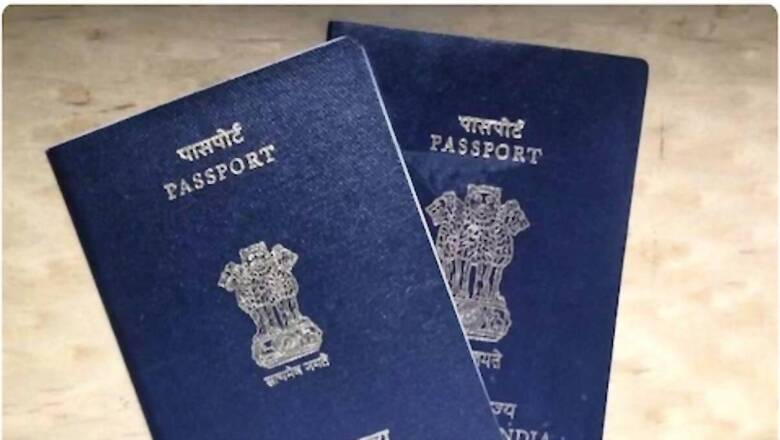
views
India has been grappling with a surge in cybercrimes, with perpetrators now targeting unsuspecting passport applicants. Cases of such crimes have surfaced notably in Ghaziabad, Uttar Pradesh, prompting Regional Passport Officer Anuj Swarup to issue a cautionary appeal. Swarup emphasised that the sole authorised platform for passport applications is https://www.passportindia.gov.in, urging applicants to exclusively use this website. The Ghaziabad Passport Seva Kendra, responsible for processing passports from 14 districts in Western Uttar Pradesh, witnesses approximately 2200 applications daily.
Cybercriminals have adopted a modus operandi involving the creation of fake domain names closely resembling the official passport website. These deceptive domain names include variations such as India Passport, Online Passport India, Passport India Portal, Passport India, Passport Seva and Apply Passport, among others. Unsuspecting applicants, unaware of the distinction between legitimate and fraudulent websites, fall prey to these tactics. Upon applying through misleading portals, fraudsters gain access to applicants’ details, leading to significant financial fraud.
To identify these deceptive websites, applicants must be vigilant. Genuine passport application portals charge a nominal fee of Rs 1500, while fraudulent sites levy exorbitant charges ranging from Rs 4000 to Rs 5000 for the same service. Moreover, legitimate websites provide applicants with login IDs and passwords, facilitating appointment rescheduling free of charge. In contrast, fraudulent portals demand additional fees ranging from Rs 2000 to Rs 3000 for rescheduling, causing unnecessary financial loss and inconvenience to applicants.
Awareness campaigns and education initiatives are crucial in empowering individuals to discern between authentic and counterfeit websites. Some individuals opt to seek assistance from cybercafes, leveraging their expertise to navigate the complexities of online passport applications. However, many remain vulnerable due to a lack of knowledge about distinguishing between genuine and fraudulent websites, making them susceptible to financial scams.
As cybercrimes continue to evolve and target various sectors, vigilance and awareness are paramount to safeguarding individuals from falling victim to fraudulent activities. Authorities must intensify efforts to educate the public about online security practices and the importance of verifying the authenticity of websites before sharing personal information.

















Comments
0 comment